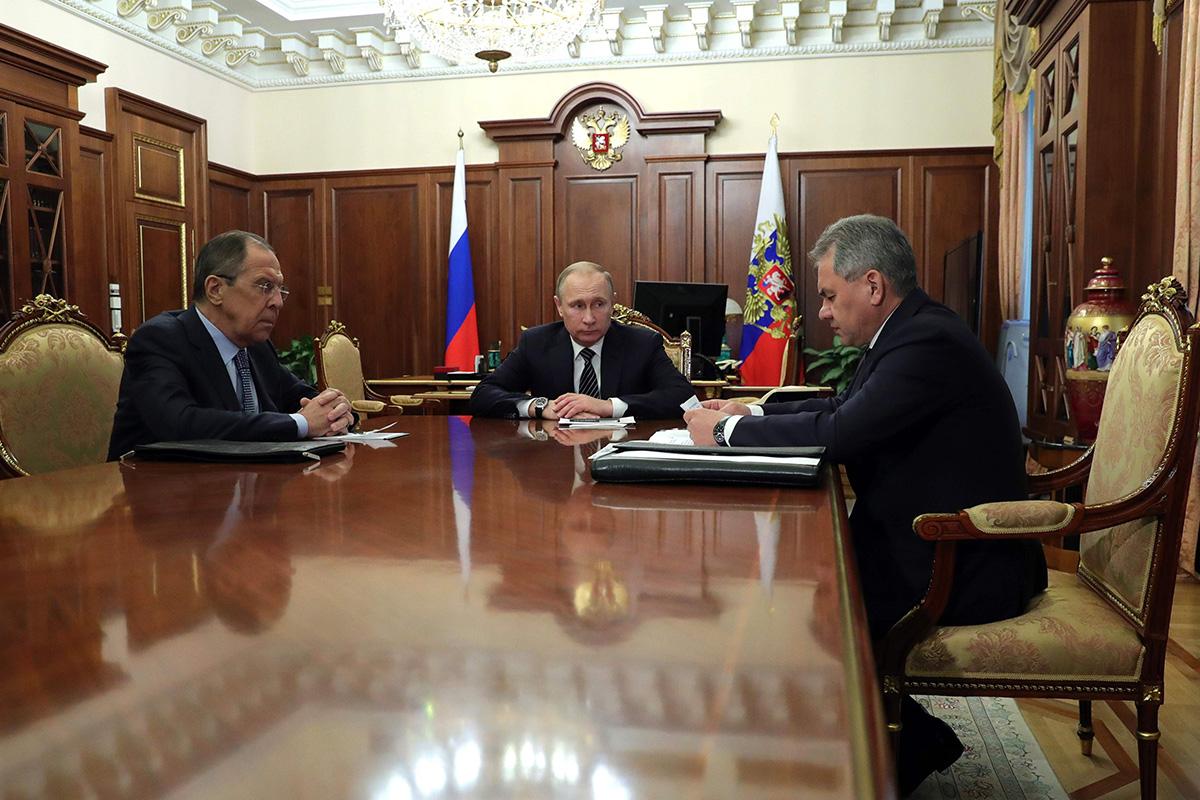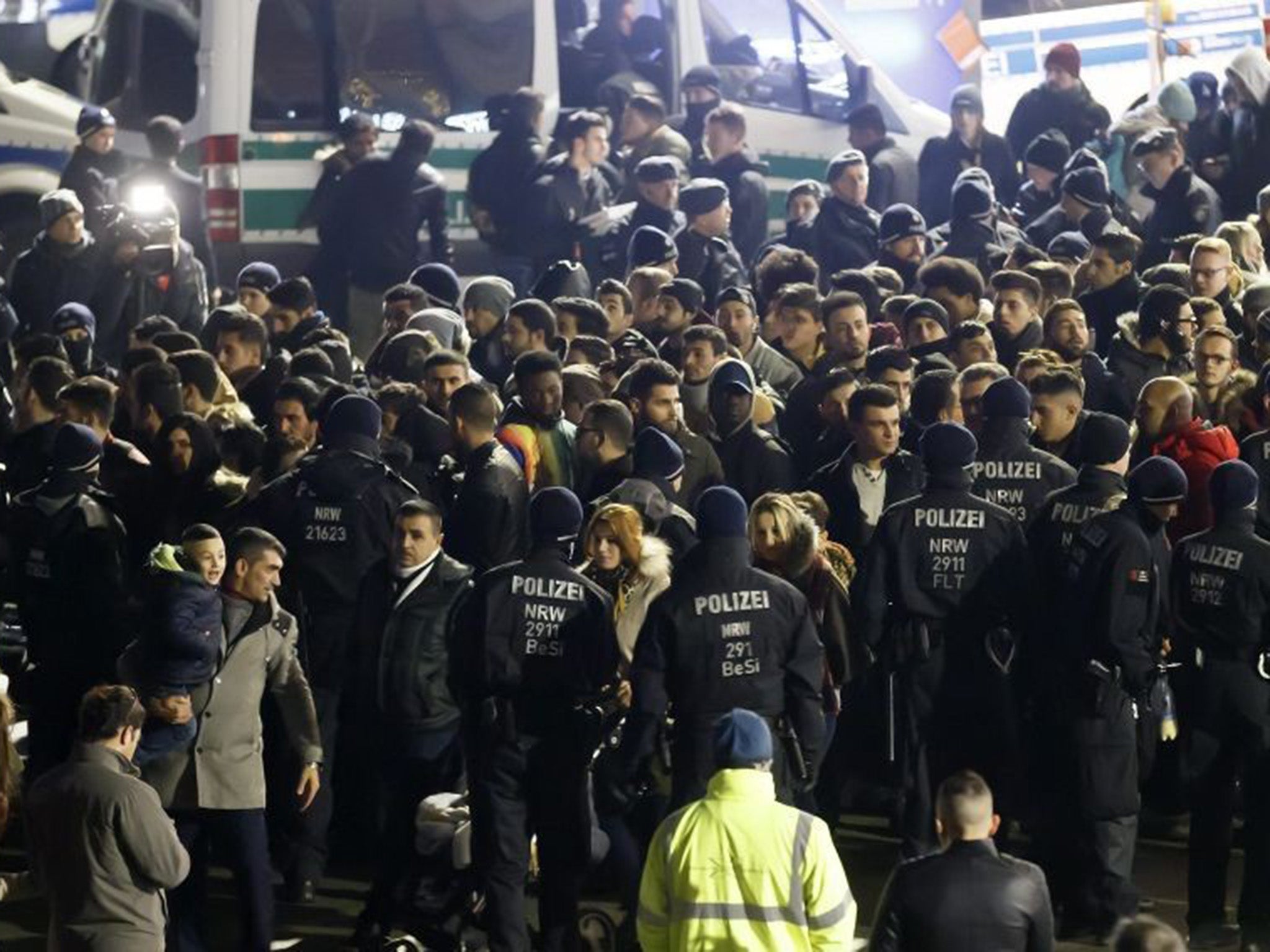Russia 'spreading fake news about refugees to sow discord in Europe' says ex-spy
Agent Farenc Katrein says Cologne sex attackers 'were not newly arrived migrants' but to Russia that 'did not matter'

A former Hungarian spy has broken cover to describe how the Russians have played up and exaggerated the European refugee crisis for propaganda.
Farenc Katrein, who served in the country’s counter-intelligence agency for 13 years, said the Kremlin is “aggravating” the effects of migration by spreading “false” stories.
Mr Katrein said Russian officials, including foreign minister Sergei Lavrov, exaggerated the Cologne New Year's Eve sex attacks reports.
“Russia plays a part in aggravating the migration crisis and especially in using it for propaganda and gaining influence,” said the defector, who now lives abroad.

Mr Katrein, who says he worked for the National Security Office (NBH) and then the Constitution Protection Office (AH) between 2000 and 2013, described the Russian threat to Europe as a “nine or ten” out of ten.
He told Hungarian news website index.hu how he followed events in Cologne closely.
More than 1,200 women claimed they were sexually assaulted by allegedly 2,000 men on the night of 31 December, 2015 in Cologne, Hamburg and other German cities.
Police identified 120 suspects – about half of them foreign nationals – and at least four were convicted.
There was confusion as to exactly how many suspects were refugees, however.
Mr Katrein said: “When it comes to the events in Cologne, or other sexual offences, they (Russia) are active in emphasising that the German or Western authorities and the media are attempting to cover up these crimes.
“This is true (that the majority of Cologne offenders were migrants and were linked to criminal groups) [but] this was communicated in an interesting way in Russian media and others taking stories from it.
“They were not newly arrived migrants, but in that interpretational environment it did not matter.”
Mr Katrein also described the Russians as having “serious professional experience and traditions” in playing up news stories.

He also described how Russian officials, such as foreign minister Sergei Lavrov, reacted to “phantom stories on a really high level” including the “Lisa case”.
The 'Lisa case' centred around a 13-year-old Russian-German girl who claimed to have been abducted and raped by Arab migrants in Berlin last January.
The viral story triggered protests and Russian officials accused the German government of trying to cover up the crime.
However, an investigation by German police found mobile phone records contradicted her account of what had happened, and that there was no evidence she had been raped.
She later retracted the story, but it led to a souring of diplomatic relations between Russia and Germany, where officials accused Moscow of stoking anti-immigrant sentiment to undermine support for Angela Merkel.
Mr Katrein also claimed Hungarian state media was reporting Russian propaganda as objective news.
"I am not only talking about the wiretapping scandal,” said Mr Katrein. “I consider articles on the Hungarian public media broadcasting [to be] a lot of messages taken from the Kremlin’s propaganda.
“[This is] a serious warning for the counter-intelligence profession, as the public media should be under special national security protection according to the law.
“These analyses should be done by the secret service, not by journalists.”

The Hungarian government has tried to distance itself from Russia since the last remaining 40,000 Soviet troops left the Eastern bloc in June 1991.
But current Prime Minister Viktor Orbán – described mockingly by opponents as “Little Putin” - has been accused of cosying up to their big neighbours.
He previously said he wants Hungary to be an “illiberal democracy” modelled on “strong states” such as Russia.
Around 2,000 Hungarians marched in protest against Mr Putin’s state visit in Budapest in 2015.
Join our commenting forum
Join thought-provoking conversations, follow other Independent readers and see their replies
Comments